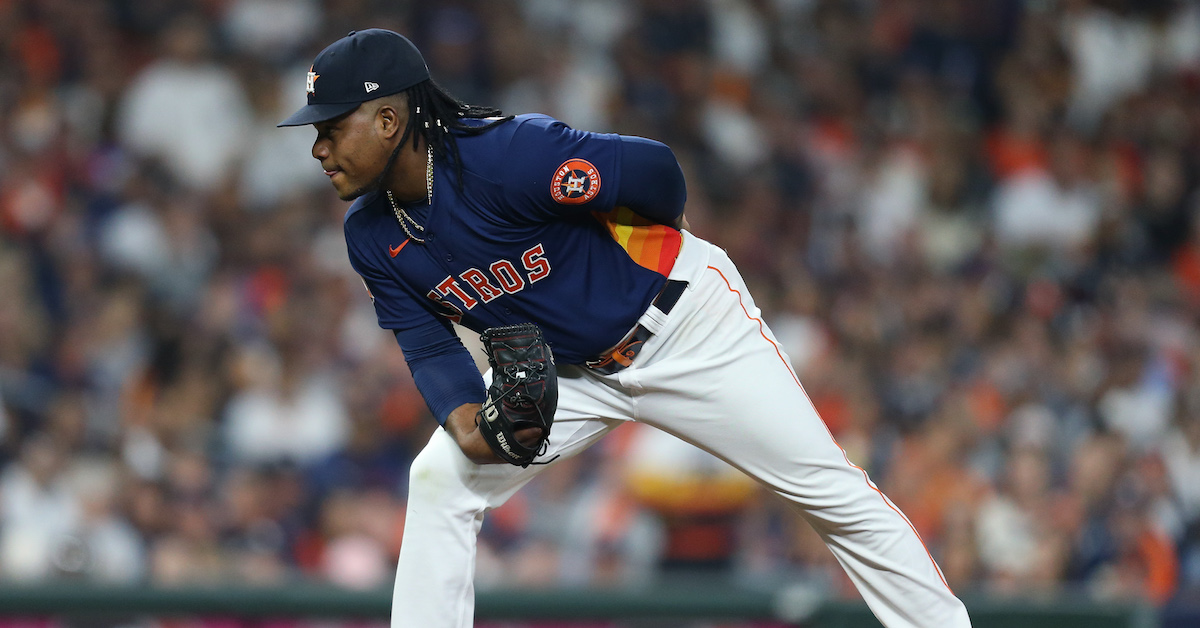Until Pitching Improves, the Dingers Will Continue: Phillies Move to Within One Game of World Series

PHILADELPHIA — There are baseball games, and then there’s the Phillies 10-6 win over San Diego in Game 4 of the NLCS. This game lasted four days, saw 19 home runs, and involved 31 pitchers. It was interrupted in the bottom of the fourth inning by plagues of frogs and locusts and decided in the eighth by the timely arrival of Hessian mercenaries. It was loud, maximalist, and weirdly bawdy, like the works of Ken Russell or Electric Six.
The tactical puzzle of postseason baseball has always been about getting the highest possible percentage of innings from the team’s best pitchers. This has been so since Three-Finger Brown. But since 2015, the pursuit of the lockdown postseason pitching staff has consumed the attention of baseball’s top thinkers and empiricists as never before. Can a team conjure an entire staff of front-line starters and lockdown relievers? The Astros seem to have done that this season, but that might be a unique achievement in modern baseball history.
Still other managers — especially Terry Francona in 2016 and Dave Martinez in 2019 — have schemed, finagled, and cajoled their best starters and most trustworthy relievers into the most important situations available. To some extent, this has become the blueprint in October. Pitchers start on short rest, one-inning relievers get stretched to six or seven outs, starters close games on their throw days. Anything to keep the Other Guys out of close games. Read the rest of this entry »








